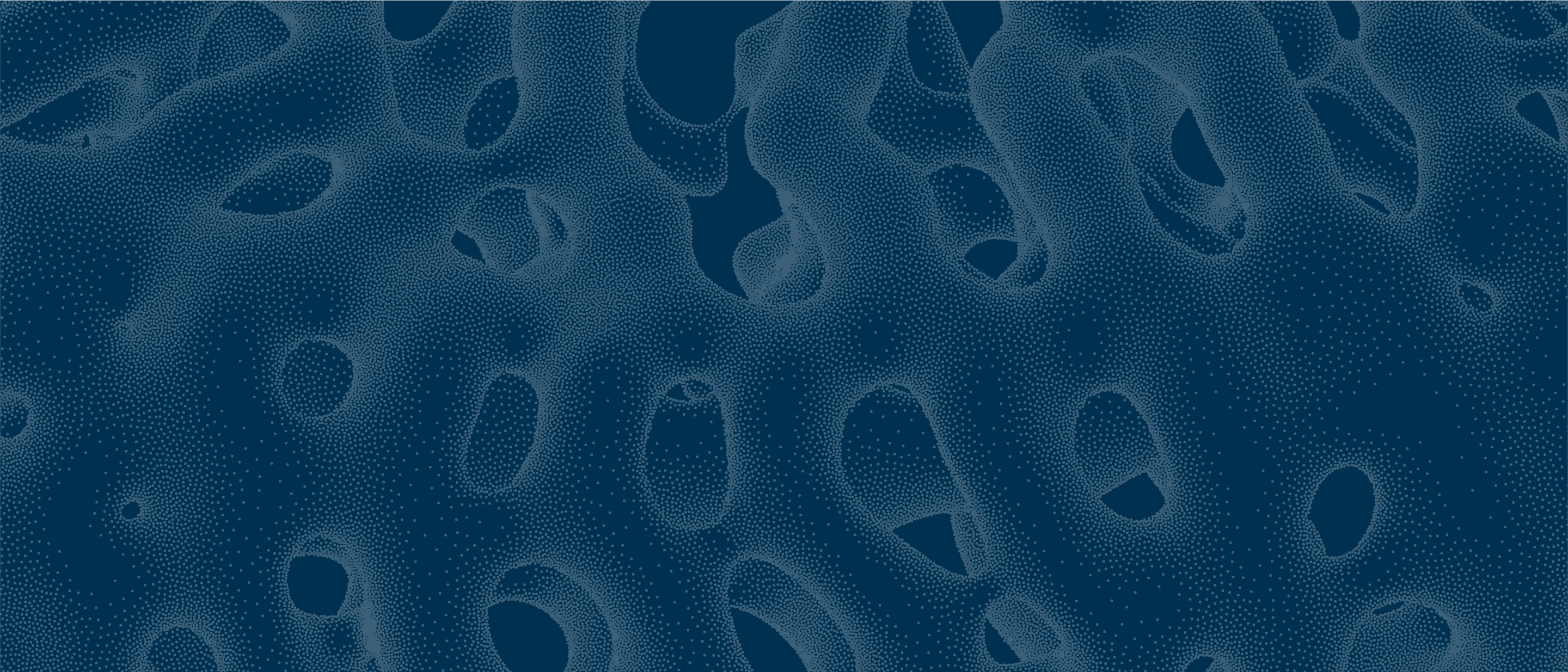The research area of Local-Regional Transformations addresses the processes of making the built environment and its places, landscapes, and infrastructures. We combine a geographical and institutional perspective on spatial transformation and work on the intertwined relationships between the local and the regional. On the one hand, this entails the analysis and evaluation of agglomerations, distributions and flows of people and resources, and the ideological formations and norm systems that impact policy, planning and design. On the other hand, it also entails the development of theories and methods that support architects, urban designers, and planners in the process of transforming the built environment. In total, urban design and planning are strategic tools to proactively catalyse potential and counteract constrains for sustainable development of society at large.
Our Research
Societal changes have, during the last decades, taken place against a background of increasing geopolitical competition and emerging challenges such as climate change, environmental stress, and socio-economic polarization. The consequences for urban and rural planning and design can be described as a more city-centric focus on economic and cultural development. At the same time urban design and planning profession has become more influenced by regionalisation of governance. Planning and design have to adjust to a multi-level spatial systems and institutional frameworks when decision making, and collaborations are rescaling and have a planetary scope.
Therefore, this research area aims to strengthen the strategic and proactive capacity of urban planning and design practice to reduce environmental impact, create more just living environments and to increase resilience and the spatial capacity to proactively handle still unknown societal change. To do so, the research area focuses on three methodological questions for professional actors:
- How can we develop approaches for spatialisation and contextualisation of the complex and multi-scalar institutional conditions of the local-regional geographical landscape, in order to understand and support the processes of making the built environment?
- How can strategic urban design methodologies be developed to increase the strategic and proactive use of design as a tool in local, municipal, regional, national and international planning and policymaking?
- How can the re-design of institutional spatial planning and policy enable for urban design, planning and policymaking beyond current business as usual?
When combined, these methodological questions for both research and practice establish a trans-disciplinary research area that contributes to the professions of urban design, planning and policy working more closely together.
Research Area members
Research Area Leader
Members

- Programansvarig, Urban Design and Planning, Architecture and Civil Engineering

- Associate Professor, Urban Design and Planning, Architecture and Civil Engineering

- Researcher, Urban Design and Planning, Architecture and Civil Engineering

- Postdoc, Urban Design and Planning, Architecture and Civil Engineering

- Postdoc, Urban Design and Planning, Architecture and Civil Engineering

- Associate Professor, Urban Design and Planning, Architecture and Civil Engineering

- Artistic Professor, Urban Design and Planning, Architecture and Civil Engineering

- Part-time fixed-term teacher, Architectural Theory and Method, Architecture and Civil Engineering
- Full Professor, Urban Design and Planning, Architecture and Civil Engineering

Publications
You will find publications from the members of the Local-Regional Transformation Research Area in Chalmers’ research portal.

Projects
In Chalmers’ research database you will find projects from the members of the Local-Regional Transformation Research Area.
